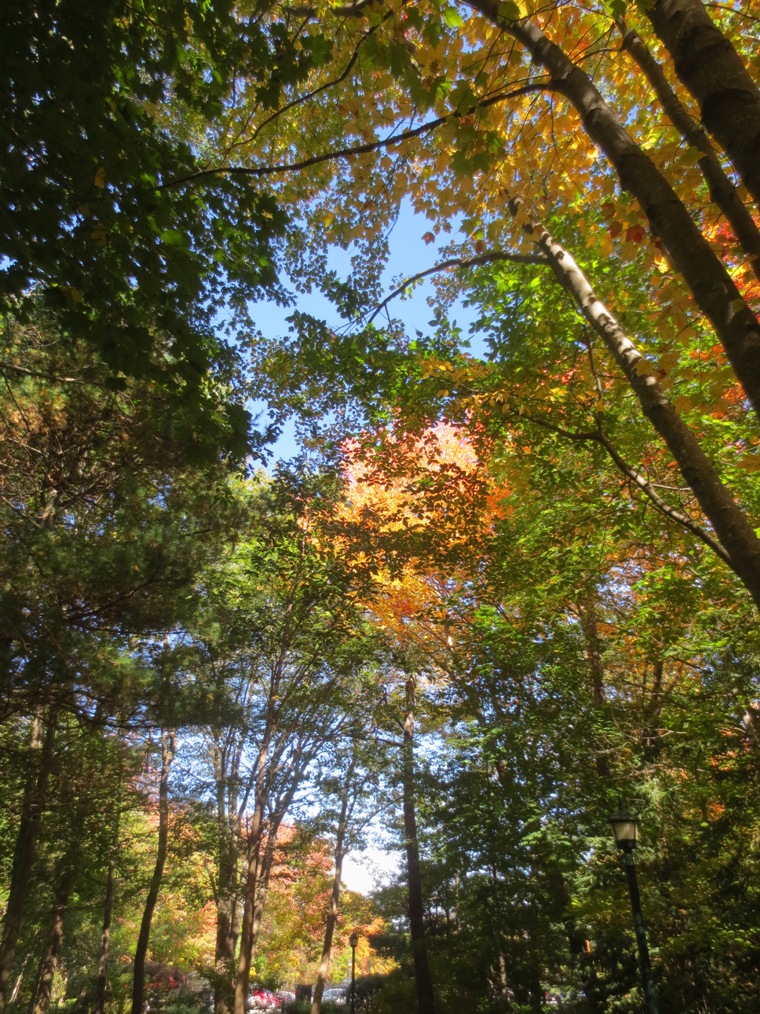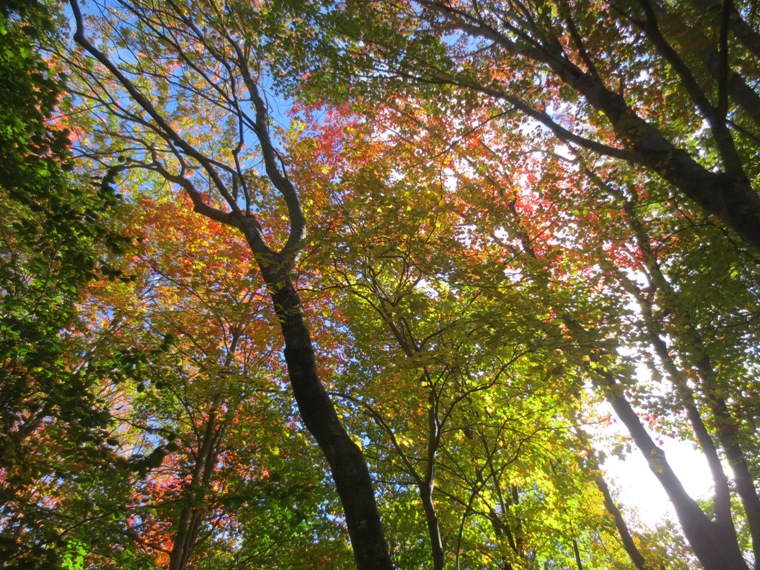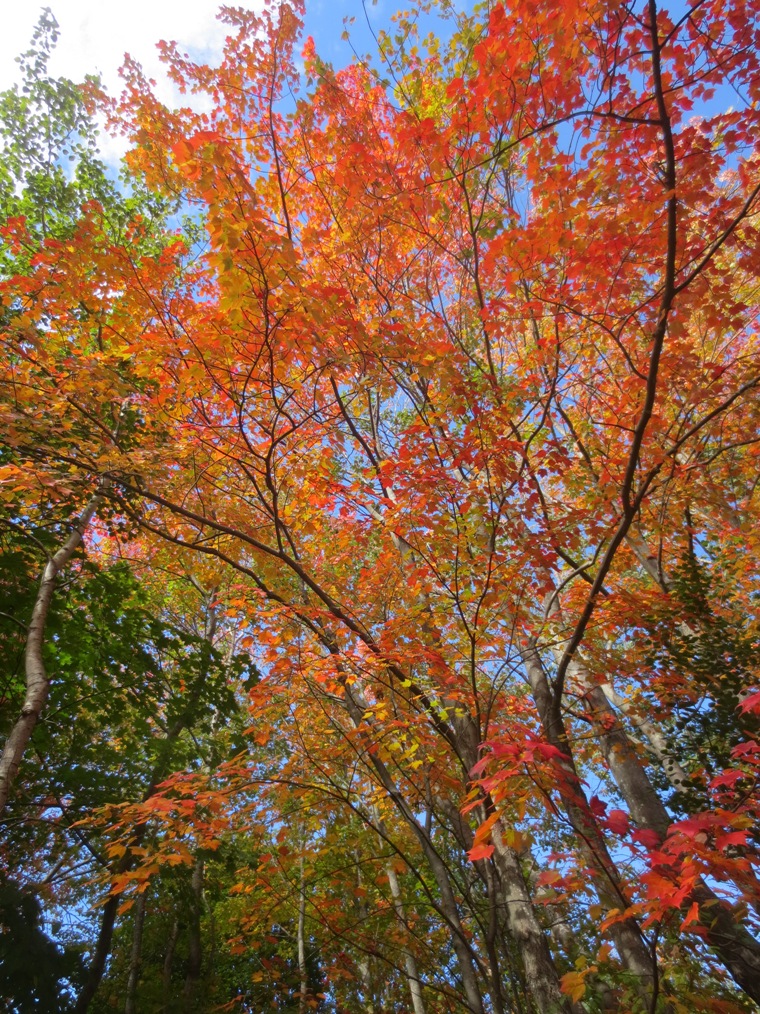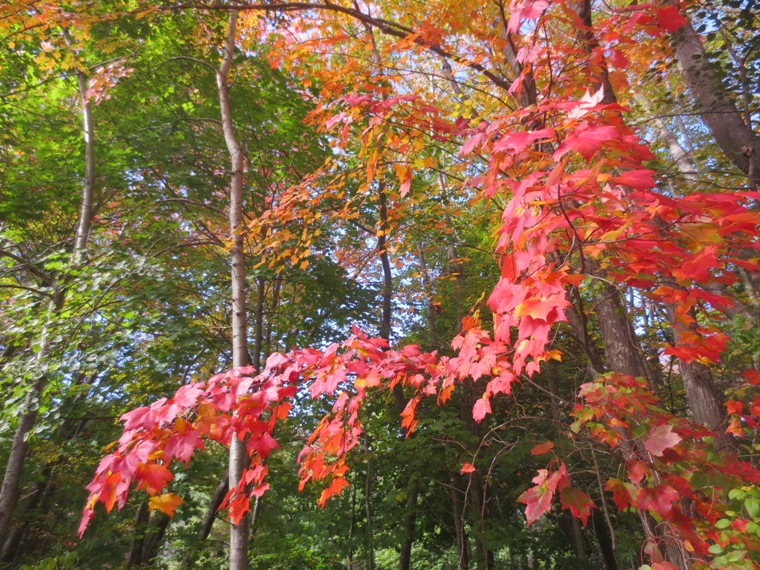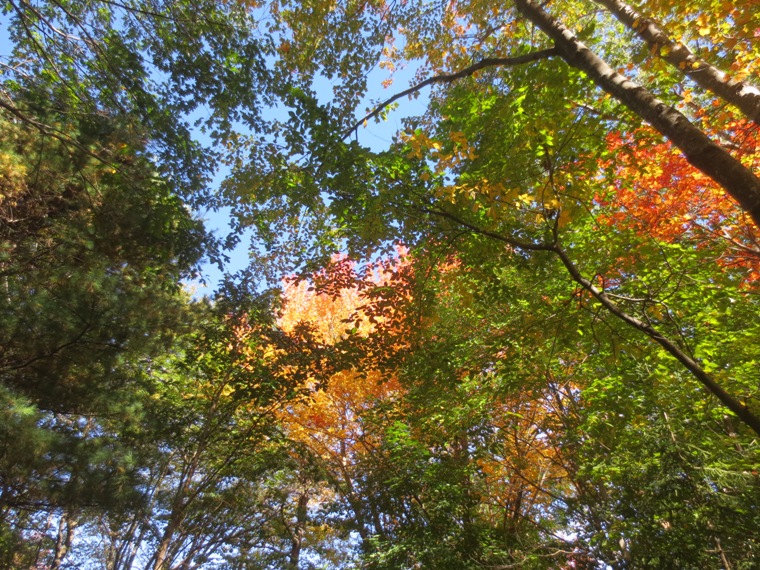For many years, fall was the season of doomed romances for me. They blossomed, mostly in my head, from the simplest and smallest of gestures, then grew – fed by desperation, an insatiable need for love, and a desire for companionship – before erupting in raging flame, burning those closest to me, singeing those in furthest proximity. Like the season itself, their beginnings were beautiful and kind, cozy and warm, but they soon turned cold and bare, empty and barren, as hollow and destitute as a faded, rotten jack-o-lantern.
When I was very young, long before I knew the heartbreaks that would unfold for me, I used to walk in the forest in the fall. The smell of leaves – still fresh, not quite wet with decay or rot – was invigorating, the crunch of them, enmeshed with coppery-hued pine needles, a happy accompaniment to a solitary journey. Dappled sunlight, brilliantly illuminating the flaming tree leaves still held aloft, lent the woods a lighter feeling than the dim green of deep summer.
That false lightness, however, is deceptive. When the fall day turns, sooner than it does in summer, the forest changes. It happens quicker than you expect, too, falling with sudden grace, but not quickly enough for you to notice right away. It’s a more insidious way of lowering the shades – not enough to eradicate the light, not until it’s too late.
This is when the ghosts of Hester Prynne and the Headless Horseman come to my mind. The breaking of a twig, the rustling of leaves, and any change in the wind signals danger. Fall adds the impending weight of winter to any load, no matter how far off it may be.
Back to Blog
